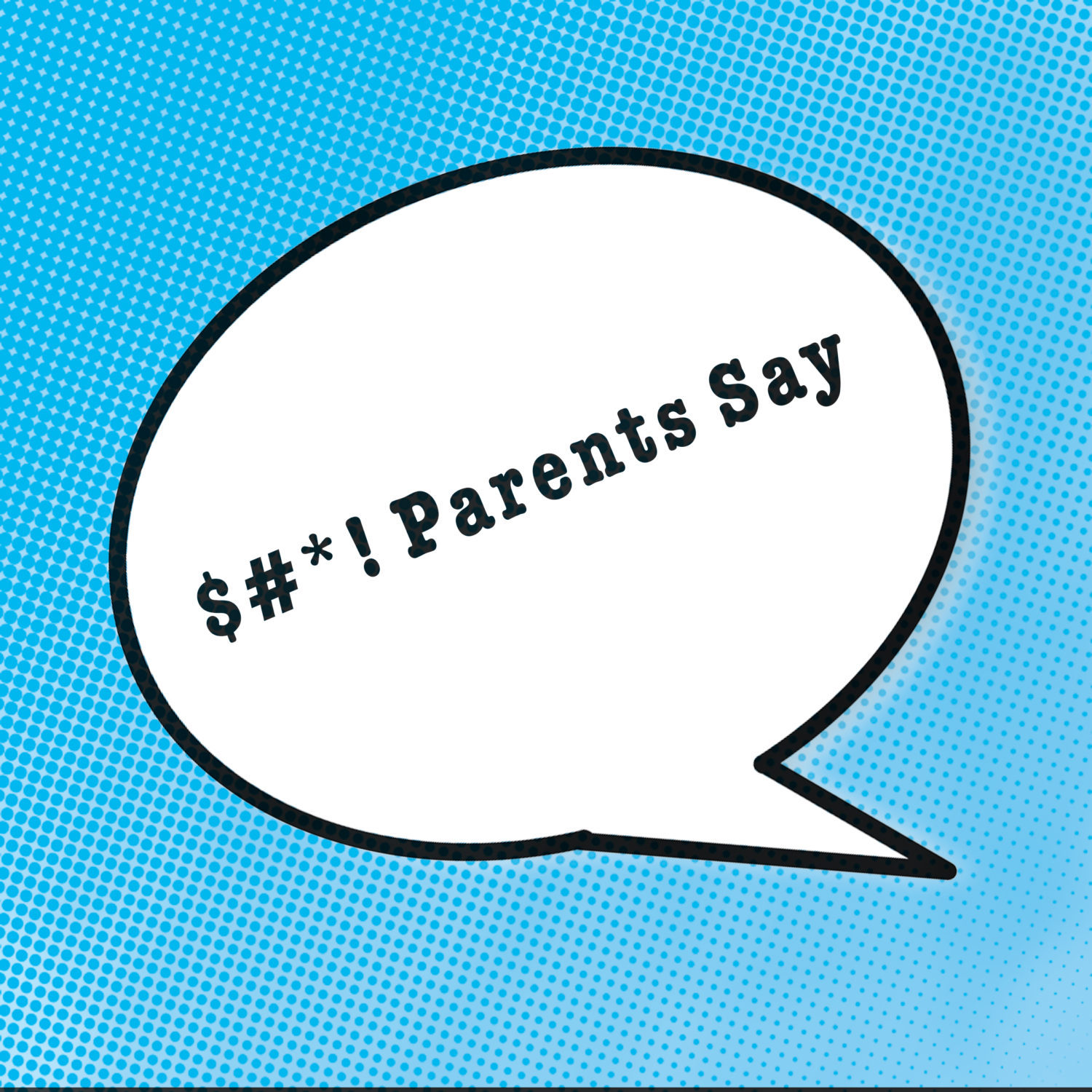“If you keep making that face, it will stay like that. Chocolate milk comes from brown cows. When you become a parent, you grow eyes on the back of your head.” Do any of these sound familiar? Parents say the darndest things. Growing up, many people are told these phrases, or phrases that are similar to these by their parents.
Growing up my mother, like her mother before her, created a figurative creature named “the Bipper.” Now that I am significantly older, I realize that the Bipper was created to ensure that my sister and I were safely indoors when night rolled around. When the sun began to set, my mum would pop her head outside the screen door and call us in. We’d give her the usual “five more minutes!” call back. After much calling for us a couple more times, she would holler out “if you don’t come in soon, the Bipper will come and get you!” With that, my sister and I would enter a heated race for the door (often pushing the other to get a head start).
A study, published in the International Journal of Psychology, examined the use of “instrumental lying.” This tactic was very common amongst the majority parents in North America.

When Katie Cain was young, she was told that the moon was made of green cheese.
“I still remember the teacher asking us what we thought the moon was made of. I put up my hand and proudly answered ‘Green cheese,’ and the whole class laughed at me. This is the only thing from my childhood that my parents lied about that has caused me grief.”
Natasha Flegel, a Laurier Brantford student, remembers when she was four or five years old she would cry because of her freckles.
“I didn’t know why I was the only one in my class [who had freckles]. My mom told me I was born in a strawberry patch, and my freckles were the strawberry seeds,” Flegel said. “Little did she know, I would try to scrub them off of my face and actually gave myself cloth burn.”
Jennifer Mansell, a social worker and family therapist, told Today’s Parent that there are no concrete rules about what is acceptable and unacceptable to lie to your children about. She said that it is more important for parents to have a concrete intent behind their fibs.
“Our basement was dark and dingy—not a place for younger kids,” said Fred Fitz, a Brantford parent. “In order to keep my three [children] from going down there, I told them there were monkeys that would get them. It worked until they were 11 or 12.”
Fitz mentioned that he utilized his oldest son in his little white lie.
“Having an older brother pushing the monkey thing on them caused the two younger to rethink a venture downstairs even when they were older.”
I suppose we’ll never really understand why parents utilize white lies, and fib to their children until we are in their shoes weeks, months or even years from now. What I am certain of is that that the legend of the Bipper will live on in my family.




